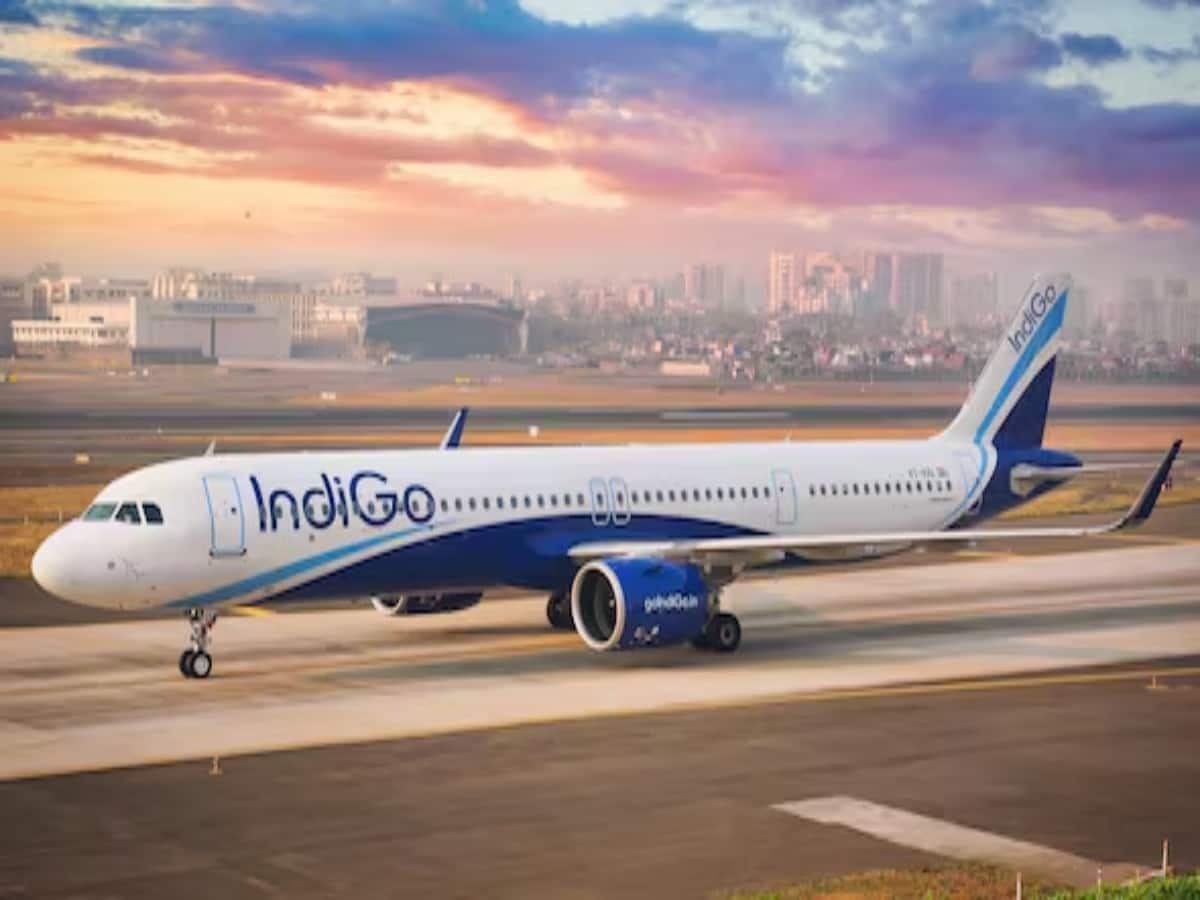IndiGo’s Ambitious Journey Towards Global Expansion
The largest airline in India, IndiGo, is poised to elevate its status on the international stage. With an impressive market share of over 60 percent in the domestic air traffic sector, IndiGo is making bold strides to transition from a national airline to a formidable global player. As expressed by the airline’s CEO, Peter Elbers, the vision is clear: IndiGo aims to take on the world by 2030.
Strategic Vision for 2030
During an interview with CNBC-TV18, CEO Peter Elbers emphasized that India’s position as the world’s third-largest economy by 2030 will necessitate enhanced connectivity with various countries. He stated, “To compete effectively on a global scale, IndiGo must broaden its horizons beyond domestic markets. Our focus over the past two years has been to lay the groundwork for this expansion, ensuring we reap the benefits of a stronger international presence.”
Maintaining Core Business Focus
Despite IndiGo’s aspirations to expand globally, Elbers assured stakeholders that the airline would not lose sight of its core business within the domestic market. The airline plans to introduce business class services in its existing fleet of 40 aircraft, enhancing the travel experience for premium customers. Furthermore, the addition of advanced long-range A321 XLRs and wide-body A350s will not only cater to the needs of domestic travelers but will also extend IndiGo’s reach internationally.
Commitment to Affordable Travel
Founded on the principles of affordability and reliability, IndiGo has been a catalyst for making air travel accessible to millions of Indian passengers. Elbers confirmed that IndiGo will maintain its commitment to providing cost-effective travel solutions, even as it diversifies offerings with more premium options for customers willing to spend more. “Our philosophy remains to ensure affordability, while also catering to those looking for additional choices in their travel experience,” he added.
Future Outlook
As IndiGo sets its sights on becoming a global contender by 2030, it illustrates a blend of ambition, strategy, and commitment to its roots. By investing in new aircraft, expanding service offerings, and maintaining a sharp focus on both domestic and international markets, IndiGo aims to redefine its identity as not just a leading airline in India, but a respected competitor in the global aviation industry.
Conclusion
IndiGo’s journey towards international expansion is emblematic of the airline’s commitment to growth and innovation. By balancing its expansion goals with the need to serve its loyal domestic customers, IndiGo is setting the stage for a transformative era in its operational landscape. The future looks bright for this airline as it prepares to take flight into the global market, all while staying true to its core values of affordability and reliable service.












